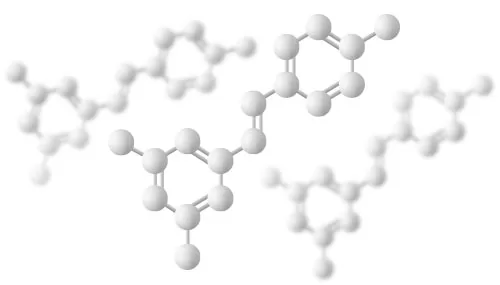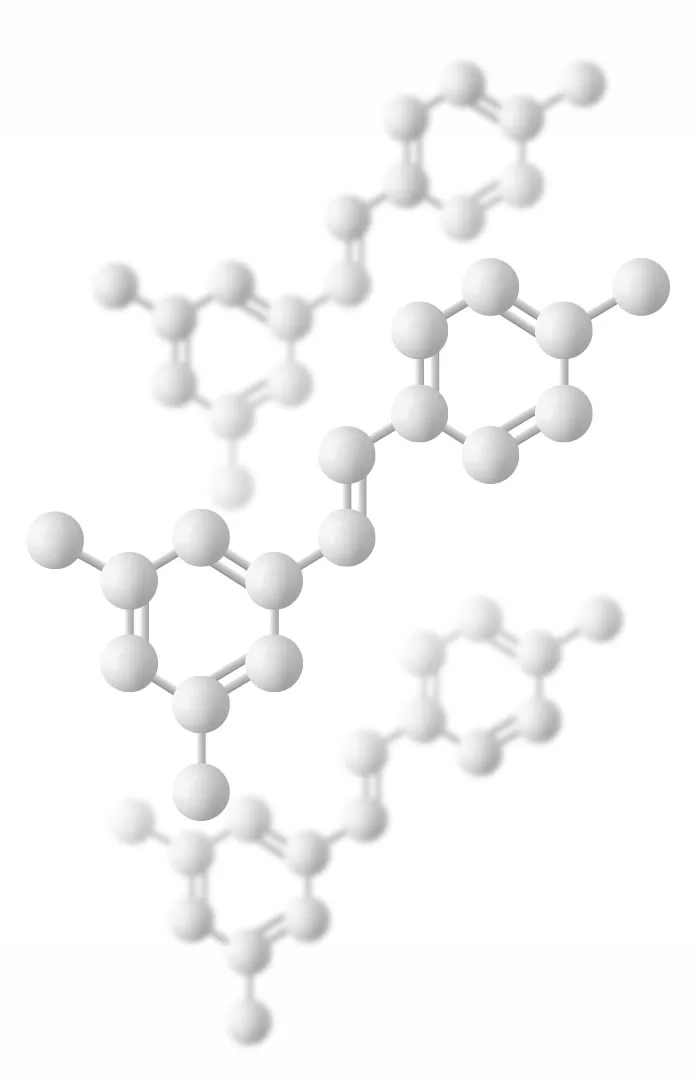What is it?
Resveratrol
Resveratrol, a type of natural phenol produced in several plants, has antioxidant properties, and is widely consumed in the Mediterranean diet in the form of peanuts, grapes and wine (Bhat, Kosmeder & Pezzuto, 2001).
The metabolites obtained from resveratrol are quickly eliminated from the plasma, so it is necessary to maintain high concentrations of these in the blood to observe its benefits (Manach et al., 2004).
The antioxidant properties of resveratrol in vivo are attributed to its effect as a genetic regulator and participates in various cellular processes.
Benefits of Resveratrol:
- Resveratrol inhibits the production of reactive oxygen species.
- Reduces mitochondrial superoxide generation by stimulating mitochondrial biogenesis.
- Prevents superoxide production from endothelial nitric oxide synthase.
- It increases the expression of several antioxidant enzymes (Xia N et al., 2017).
- It is associated with the protection of brain function and lowering blood pressure.
- Improves fatty acid metabolism.
Resveratrol in Enikia
The antioxidant effect is prioritized, reducing the presence of free radicals caused by diet and cellular wear and tear due to age, and the expression of the SIRT-1 gene is regulated, which is key in the mechanisms responsible for regulating metabolic expenditure in situations in which that foods are not available, suggesting that the participation of this enzyme accounts in part for the results that demonstrate that a low-calorie diet is related to a greater rate of longevity.


BALANCE AND VITALITY
Health is described in many ways, for example, it is considered as a dynamic condition of resilience to stressors and the...
BOOST PHYSICAL PERFORMANCE
Physical activity and correct nutrition help lay the foundations for optimizing health...
TOGETHER IN YOUR RECOVERY
When people go through illness and do not eat properly, they tend to reduce their daily activities and use fat and muscle reserves for energy...
ACTIVATE YOUR ANTI-AGING GENES
Aging is a natural process of living organisms where there is a continuous decline in mechanical-biological ...



